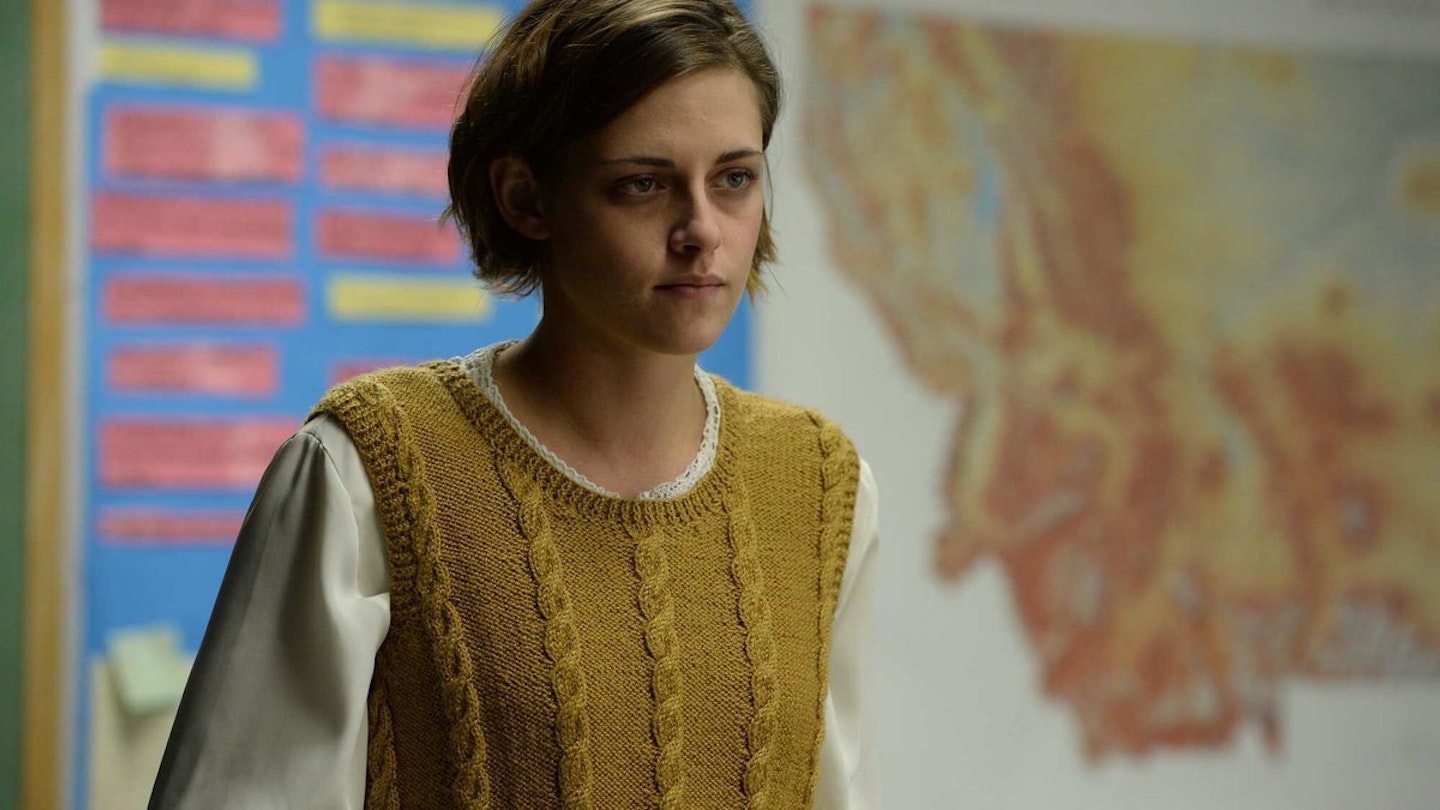Certain Women comes laden with a certain expectation — writer-director Kelly Reichardt’s follow-up to 2013’s Night Moves was a Sundance favourite and won Best Film at the 2016 London Film Festival. Based on Maile Meloy’s tellingly titled short story collection Both Ways Is The Only Way I Want It, it presents a snapshot of four Montana women’s lives in three lightly connected vignettes. Make no mistake, there are no fireworks here in the conventional narrative sense — even lawyer Laura’s (Laura Dern) affair with a married man is fizzling to nothing with little evident regret on either side — and story arcs are so gentle, the word “plot” seems an overstatement. If you left Lost In Translation feeling short-changed because “nothing really happened”, this film could leave you similarly frustrated.
A rich, gently humorous character study luxuriating in the minutiae of these women’s outwardly small-scale lives.
Yet what Reichardt offers is a rich, gently humorous character study luxuriating in the minutiae of these women’s outwardly small-scale lives — a piece that pays tribute to the quotidian slings and arrows fended off by the anonymous (in the case of Gladstone’s unnamed rancher, quite literally) everywoman. Reichardt celebrates their modest ambitions (a new home; a career; a connection), given epic context by those big, western plains that stretch to the Rockies far beyond. This is pointedly a landscape — looking magnificent through the lens of longtime Reichardt collaborator Christopher Blauvelt — ringed in the distance by mountains, but with vast spaces and wide, open skies.
Material so gossamer-delicate needs gentle hands, and Reichardt has picked her actors well in Dern, Williams, Stewart and Gladstone. Performances from all four are note-perfect, radiating strength, and eking out the big emotions in small disappointments and triumphs with just a look or a demeanour. With few words to work with, each actor convinces as a relatable individual.
Witness Laura’s wry amusement as client Fuller (Jared Harris), for whom she has fought for months, refuses to accept her advice until it’s repeated by a man. Or Gina’s satisfaction as the home her (cheating) husband is building for her starts to take shape. It’s not that these women don’t appreciate or like men; they do. It’s more that the men in their life are, of course, just one part of it. Both women project a detachment that stops short of coldness, more suggestive of self-possession. In the third story strand, special mention goes to newcomer Lily Gladstone as the horse rancher who joins Elizabeth’s teacher-training classes purely in order to find some kind of human interaction. Artlessly enthralled by Stewart’s tutor, in her handful of scenes she conveys the implicitly lifelong solitariness that sees student become, just for a moment, near-stalker.
If this all sounds rather worthy, Reichardt leavens the tales with comic flashes and empathy not just for her women but the workaday tribulations of all her characters. It’s a slow-burn piece for sure, but in a world that seems increasingly set to ‘crazy’, there’s some comfort to be taken from that.



